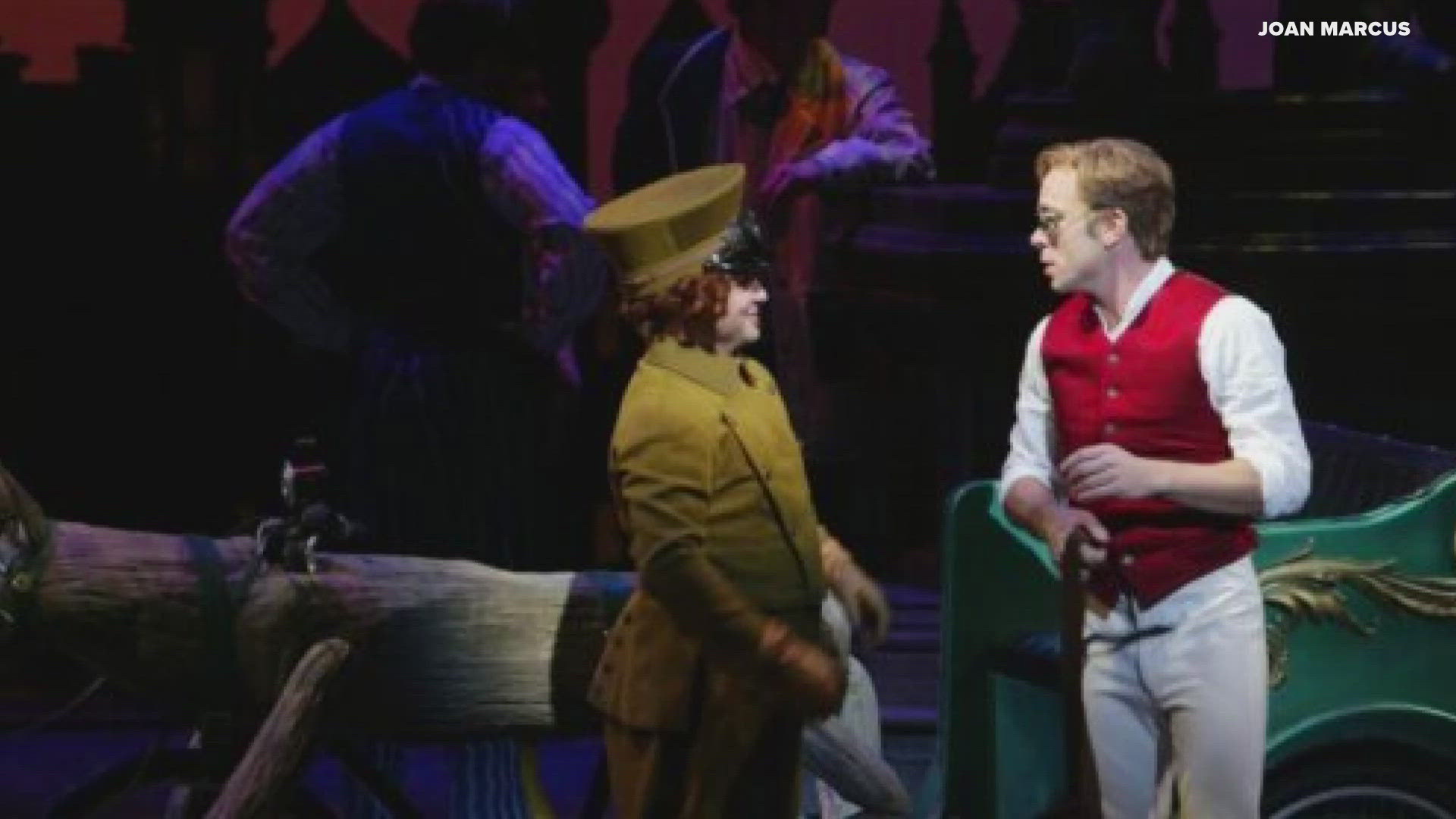Someone makes a movie, and people decide if it's good or bad. It's a practice as old as the first film reel, and one that will never die, thankfully.
It's the same thing people do when they go into a new restaurant or when they buy a new pair of shoes. The first time you drive a car, the critic lamp goes red immediately. It's human nature to try something and offer your take on it. If you are spending your hard earned money on it, why would you not? Did the maker do a good job, and if not, what could he have done better?
Movies are no different than that new pizza place downtown. Someone made that pizza, just like a person made that movie. For my money, the heart of every film lies at the director's feet. They decide what we see, how much of it we see, and for how long we see it. They take the shape and mold it, hoping to strike the right balance between artistry and feel good intentions.
It is why I think that filmmakers should be able to critique film critics. Over the past few days, one of my favorite directors, Joe Carnahan, brought up this very notion on social media. If film critics were going to bash his new film, 'El Chicano,' he wanted to take the fight in the other direction. Some people were up in arms over this, calling Carnahan a bad sport. They were missing the point: he was merely playing the game.
I have posted a film review, and saw the filmmaker respond to it. What follows is a fair and balanced discussion about his intentions and my opinion, and why the two things didn't merge together. Sometimes, the filmmaker will come off in a pompous way, but most of the time they simply want to know why you saw it that way.
After all, human beings make these films based off a moment in their life that struck them so hard that they needed to make something out of it, or else be driven mad. The best movies are the most personal ones, and 'El Chicano' couldn't be more personal. It's based on director Benjamin Bray's life and family, stemming from detailed moments in his life that compelled him to write something down.
The film's core relationship revolves around a pair of brothers who go down different paths, and how they arrive back together, so to speak, in the end. Bray's real life brother, Craig, lost his life to gang violence. Years later, he lost his daughter at birth, and dove headfirst into a memoir in order to cope.
It was Carnahan who had the idea of making the movie to help his friend. So, why would Carnahan not want to stand up and defend his movie when critics slam it? It's a human reaction, and one that should be warranted. If a chef makes a great dish that he or she created from their own mind and their father's recipe, and someone didn't care for it, they would have a reaction.
It's no different in the world of art. It's the deal with creating. We are all trying to create our own art, be okay with it and try to not cover ourselves with a shield of armor when someone dislikes it.
If filmmakers can't question film critics, where are we getting at with the world of movies? If it's going to be a one-side dance or race, where's the fun? Conversation leads to understanding, and possibly, to more good movies.
One of the best things I like to ask a fellow film critic if they didn't like the end of a movie is how they would have ended it. At our core, film critics are aspiring writers hoping to strike the same chord as filmmakers. That's why I ask that question. Write your own ending.
A film I didn't care for recently, Deon Taylor's 'The Intruder,' didn't do much for me because it rehashed old home invasion thrillers without being very interesting. Every plot thread was recycled from better movies. If Taylor wanted to know why, I'd tell him straight up. I wouldn't hide away and sulk. Filmmakers shouldn't hide away either.
One of the best things about the movies are the endless conversations that are derived from the experience. Let's not tarnish that event with hurt feelings.



